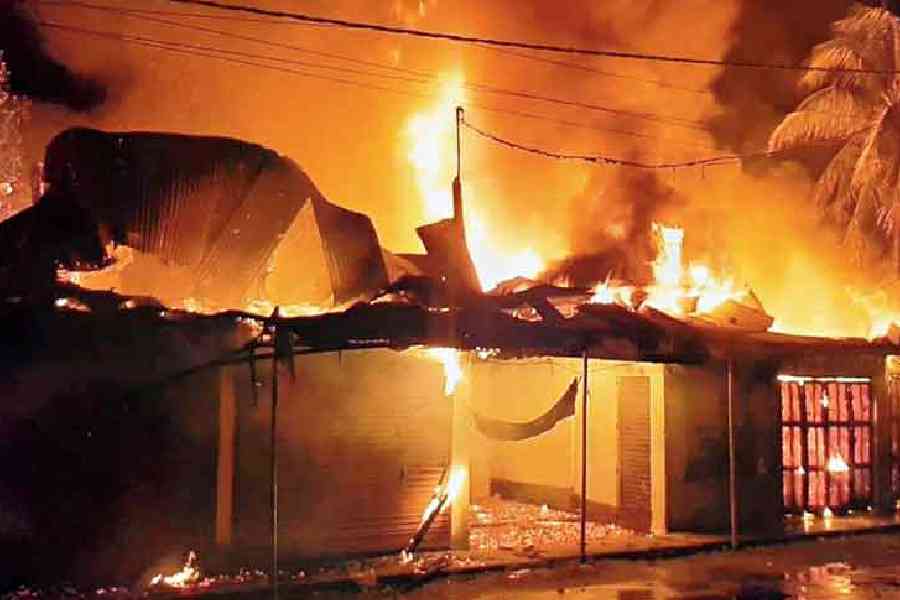A fire at a lithium battery factory near Seoul, South Korea, on Monday killed 22 workers, most of them migrant labourers from China, in one of the deadliest blazes in South Korea in years, officials said.
Officials said rescuers were still searching the building in Hwaseong, 45km south of Seoul, for one worker who had been reported missing. They said it was unclear whether the worker had been in the building when the fire broke out.
Two workers were hospitalised with serious injuries. Six others suffered minor injuries.
Kim Jin-young, an official with the Hwaseong Fire Department, said 102 people had been working in the factory, owned by battery-maker Aricell, when the fire broke out. The 22 victims included 18 migrants from China and one from Laos, as well as two South Koreans.
They were found dead on the 85,7250-square-metre second floor of the factory. The floor had two unlocked exit staircases leading outside, but the workers appeared to have been overcome by the flames and toxic smoke before reaching them, Kim said.
Chinese, including ethnic Koreans, are the biggest group of migrant workers in South Korea. Of the 523,000 foreigners visiting South Korea on temporary work visas according to government data released late last year, more than 100,000 were from China.
Separately, hundreds of thousands of Korean Chinese are working in South Korea on special longer-term work visas that the country grants to ethnic Koreans living abroad.
After suffering low birthrates for decades, South Korea has become increasingly dependent on migrant workers to fill jobs shunned by locals. Many farms and small factories in industrial towns like Hwaseong could not operate without such migrant workers.










